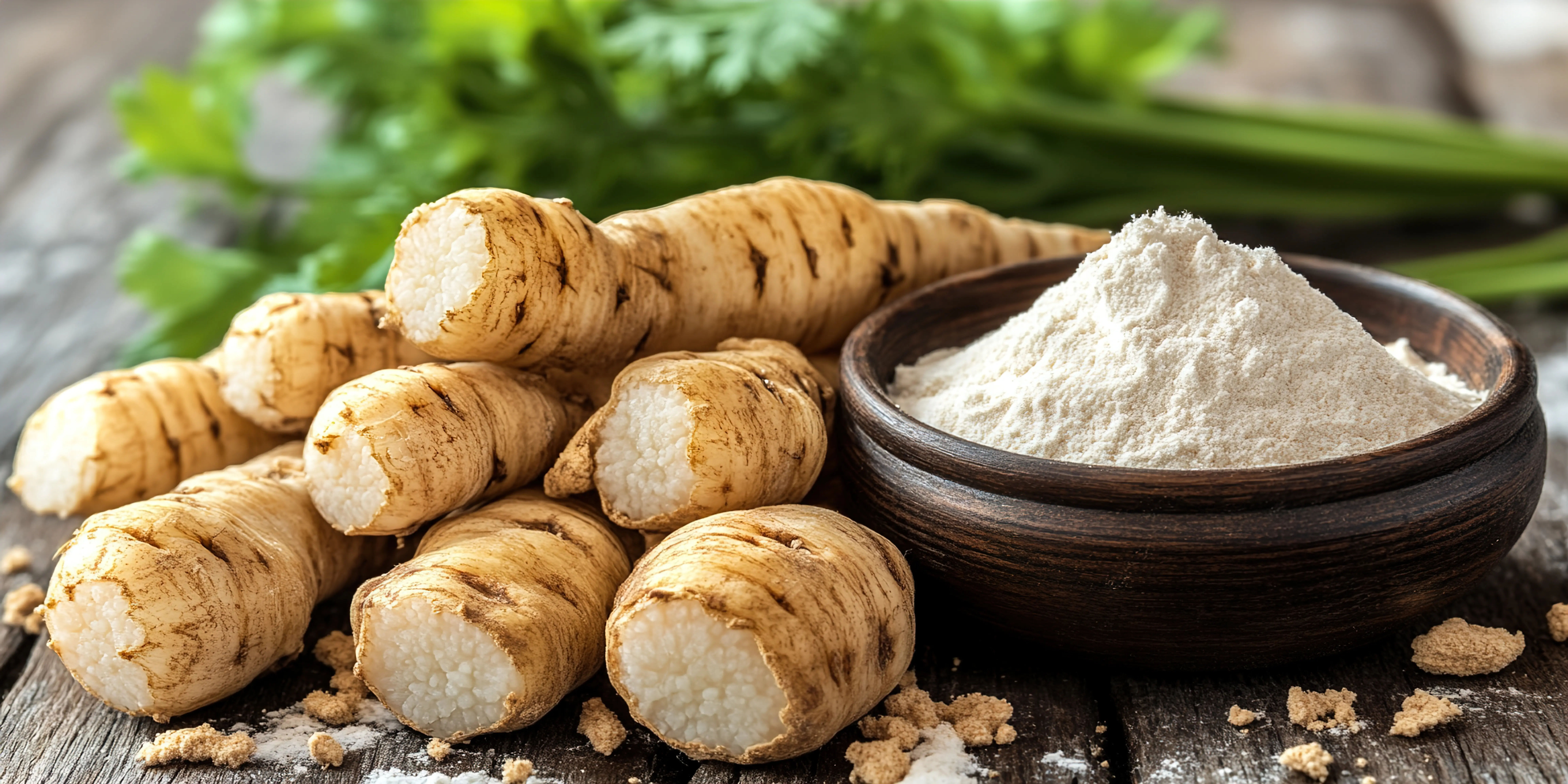Importance of BMI for Health Assessment
know everything about BMI, its significance, limitations, usefulness and formula to calculate. Learn tips on how to use BMI for maintaining a healthy weight.

Written by Dr.Sonia Bhatt
Last updated on 21st Jul, 2025

Introduction
Maintaining good health is a priority for everyone, but sometimes, we need simple tools to help us assess our well-being. One such tool is Body Mass Index (BMI), a quick and easy way to check if your weight is in a healthy range for your height.
In this article, we’ll explore why BMI matters, how it affects your health, and what you can do to maintain a healthy BMI.
What is BMI?
Body Mass Index (BMI) is a number calculated from your weight and height. It helps categorize whether you are underweight, normal weight, overweight, or obese.
How is BMI Calculated?
The formula is simple:
[ \text{BMI} = \frac{\text{Weight (kg)}}{\text{Height (m)}^2} ]
For example, if you weigh 70 kg and your height is 1.75 m, your BMI would be:
[ \frac{70}{(1.75 \times 1.75)} = 22.86 ]
You can also use online BMI calculators for quick results!
BMI Categories:
There are 4 categories, which include:
Underweight: BMI < 18.5
Normal weight: BMI 18.5 – 24.9
Overweight: BMI 25 – 29.9
Obese: BMI ≥ 30
Consult Top nutritionist for Personalised Advice
Why is BMI Important for Health?
BMI is a useful screening tool because it helps identify potential health risks associated with being underweight, overweight, or obese.
1. Helps Assess Health Risks
High BMI (Overweight/Obesity): Increases the risk of heart disease, diabetes, high blood pressure, joint problems, and some cancers.
Low BMI (Underweight): May indicate malnutrition, weakened immunity, or underlying health conditions.
2. Guide Weight Management
Knowing your BMI helps you set realistic health goals—whether you need to gain, lose, or maintain weight.
3. Used by Doctors for Health Evaluations
Doctors often check BMI to assess overall health and recommend lifestyle changes or treatments if needed.
Limitations of BMI
While BMI is helpful, it doesn’t tell the whole story:
Doesn’t distinguish between fat and muscle: Athletes may have a high BMI due to muscle, not fat.
Doesn’t account for fat distribution: Belly fat (visceral fat) is riskier than fat stored elsewhere.
May not be accurate for all body types: Older adults or pregnant women may need additional assessments.
For a more detailed health check, doctors may use waist circumference, body fat percentage, or blood tests.
How to Maintain a Healthy BMI?
If your BMI falls outside the normal range, small lifestyle changes can make a big difference.
For Those with High BMI (Overweight/Obese):
Eat a balanced diet: Include fruits, vegetables, whole grains, and lean proteins.
Stay active: Aim for 30 minutes of exercise daily (walking, cycling, yoga).
Reduce processed foods & sugary drinks: Opt for water, herbal teas, and home-cooked meals.
Get enough sleep: Poor sleep can lead to weight gain.
For Those with Low BMI (Underweight):
Eat nutrient-rich foods: Include nuts, dairy, eggs, and healthy fats.
Strength training: Helps build muscle mass.
Small, frequent meals: Easier to increase calorie intake.
Check for underlying conditions: Consult a doctor if weight loss is unexplained.
When to See a Doctor?
If your BMI indicates:
Obesity (BMI ≥ 30) – Increased risk of chronic diseases.
Underweight (BMI < 18.5) – Could signal nutritional deficiencies or health issues.
A doctor can help create a personalized diet and fitness plan or check for related conditions like diabetes or thyroid disorders.
Final Thoughts
BMI is a simple yet powerful tool. It has a simple calculation formula; it is an important tool for weight maintenance and to assess your weight-related health risks. While it has limitations, it serves as a good starting point for maintaining a healthy lifestyle.
Consult Top nutritionist for Personalised Advice
Consult Top nutritionist for Personalised Advice
Ms. Lakshmi Tejasvi
Clinical Nutritionist
14 Years • M.Sc - Clinical Nutrition
Hyderabad
Vibgyor Nutri, Hyderabad

Dr. Bhukya Pavan Kalyan
General Physician
5 Years • MBBS DNB Paediatrics
Bengaluru
PRESTIGE SHANTHINIKETAN - SOCIETY CLINIC, Bengaluru

Dr. Ramalinga Reddy
General Physician
5 Years • MBBS MD General medicine
Bengaluru
PRESTIGE SHANTHINIKETAN - SOCIETY CLINIC, Bengaluru
Mrs Sneha P V
Nutritionist
10 Years • Master of science in Food and Nutrition
Bengaluru
Apollo Clinic, Sarjapur Road, Bengaluru
Dt. Ila Sharma
Clinical Nutritionist
18 Years • Master in food & Nutrition
Gurugram
VIPUL GREENS - SOCIETY CLINIC, Gurugram
Consult Top nutritionist for Personalised Advice
Ms. Lakshmi Tejasvi
Clinical Nutritionist
14 Years • M.Sc - Clinical Nutrition
Hyderabad
Vibgyor Nutri, Hyderabad

Dr. Bhukya Pavan Kalyan
General Physician
5 Years • MBBS DNB Paediatrics
Bengaluru
PRESTIGE SHANTHINIKETAN - SOCIETY CLINIC, Bengaluru

Dr. Ramalinga Reddy
General Physician
5 Years • MBBS MD General medicine
Bengaluru
PRESTIGE SHANTHINIKETAN - SOCIETY CLINIC, Bengaluru
Mrs Sneha P V
Nutritionist
10 Years • Master of science in Food and Nutrition
Bengaluru
Apollo Clinic, Sarjapur Road, Bengaluru
Dt. Ila Sharma
Clinical Nutritionist
18 Years • Master in food & Nutrition
Gurugram
VIPUL GREENS - SOCIETY CLINIC, Gurugram


.webp)

